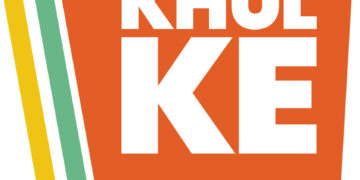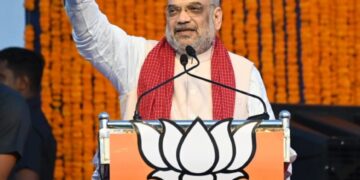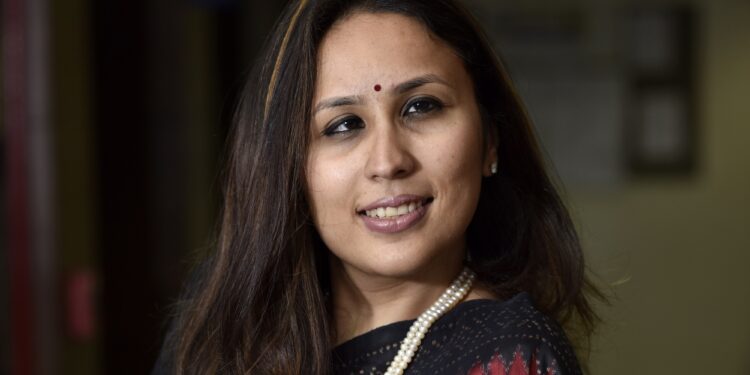May : Perfection is a myth that is unnecessarily celebrated. We are all humans and human beings make mistakes. However, it is the smart human beings who learn from the mistakes made by them or those around them. The bottom line is that what is already done cannot be undone. However, by learning from your mistakes, you can avoid making it twice.
When it comes to making investment decisions, we are often influenced by our own emotions and by the views and emotions of those around us. As a result, we end up making sub-optimal investment decisions that derail our financial journey and delay the realisation of our financial goals. The good thing is that many of the investment mistakes that we make can easily be avoided. All you need to do is understand the situations that lead to mistakes and then consciously avoid them.
Avoid these 10 investment mistakes to improve your investment journey
- Too much love: We all have biases that stem from our experiences. If you have had a good experience with a certain fund, you end up investing in multiple other schemes offered by the same fund house. While this is not a bad thing, it is not optimal either. Just like the different players in a cricket team have different skills, every fund house also has certain unique skills. You must recognise these skills and choose the funds accordingly.
- One for all: Would you give a thumbs down to a comedy movie just because it did not have enough fight sequences? Probably not. This is because a comedy is different from an action film and you cannot use the same criteria to judge both. Similarly, applying the same metrics to judge different asset classes is not correct. What matters to equity funds doesn’t matter to debt funds. For example, the individual stock holdings in arbitrage funds are not relevant because these funds are fully hedged. However, in equity funds, they are very important.
- Perils of passive: Passive funds are a low-cost way to generate index linked returns. However, does that mean that all passive funds are good? No. There are some passive funds that track bad indices or others that have a large tracking error and thus, tend to underperform their benchmarks. Just like other forms of investing, passive investing requires research as well.
- Apples and kiwis: Fund categorisation was done to distil the various types of fund offerings and make it simpler for investors to understand the unique propositions of each type of scheme. However, it is important to dig deeper into categories and understand that two funds, even within a single category, can be markedly different.
- Discretion on discrete returns: Point to point returns don’t mean much because they assume that you would have invested on a particular date 1, 3, or 5 years ago. Further, they do not indicate the fluctuations in returns during the period. Instead, you should look at rolling returns that can better indicate the average investor experience.
- The monster of 1-year return: One-year returns can be highly misleading. While it is the most published metric, it is also the most unreliable. One-year returns tell you nothing about the skills of the fund manager or what you can expect from the fund in the future. In debt, in fact, it indicates the opposite. The best you can do is to ignore it.
- Global gyaan: Just as people and cultures are different across the globe, so are the investment markets. Which is why, a theme or an investment product that might work well in one market might not really be effective in another market. For example, ETFs have huge structural benefits in the US, however, in India, index funds are a better structure because we don’t have a great market making infrastructure.
- What do I hold anyway?: The only way you can make good decisions about your investment portfolio is by knowing what you actually hold in the portfolio. While it is good to read fund manager commentary, market reviews, and investment blogs, it is even better to open your monthly holding statement and review the investments that you hold.
- Copy thy neighbour: Personal finance is just that, i.e., its personal. You are a unique individual. Your wants and liabilities, skills and profession, and background are different from that of your neighbour or from the 50 members in your WhatsApp group. Ignore the herd to create a customised portfolio that is all about ‘you’.
- Switching costs: Costs determine every purchase decision. It doesn’t matter whether you are buying a car, a travel ticket, or an investment product. When it comes to buying a mutual fund, the fund fee is not the only cost that you have to incur. Do you know how much you pay in switching costs between taxes and exit loads? Every time you switch, or redeem and buy another product, you incur a cost. Be aware of these costs.
Most importantly, seek advice but only from trustworthy sources. Too much of anything is a bad thing.
An investor education initiative by Edelweiss Mutual Fund
All Mutual Fund Investors have to go through a onetime KYC process. Investor should deal only with Registered Mutual Fund (RMF). For more info on KYC, RMF and procedure to lodge/redress any complaints, visit – https://www.edelweissmf.com/kyc-norms
Disclaimer: Ms. Radhika Gupta is the MD & CEO of Edelweiss Asset Management Limited (EAML) and the views expressed above are her own.
MUTUAL FUND INVESTMENTS ARE SUBJECT TO MARKET RISKS, READ ALL SCHEME RELATED DOCUMENTS CAREFULLY





































